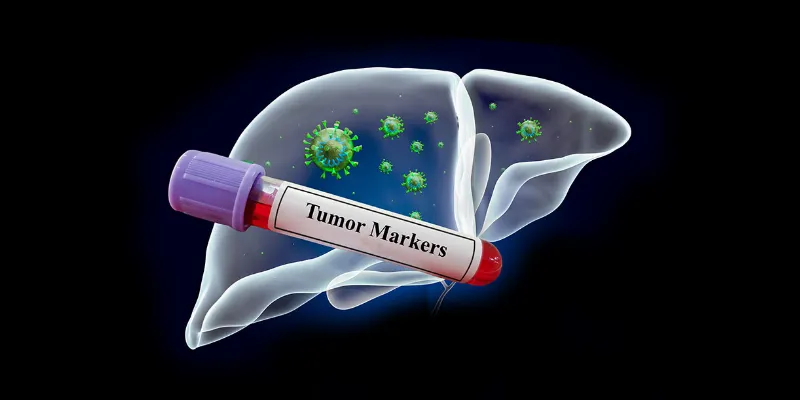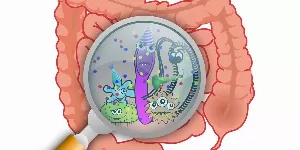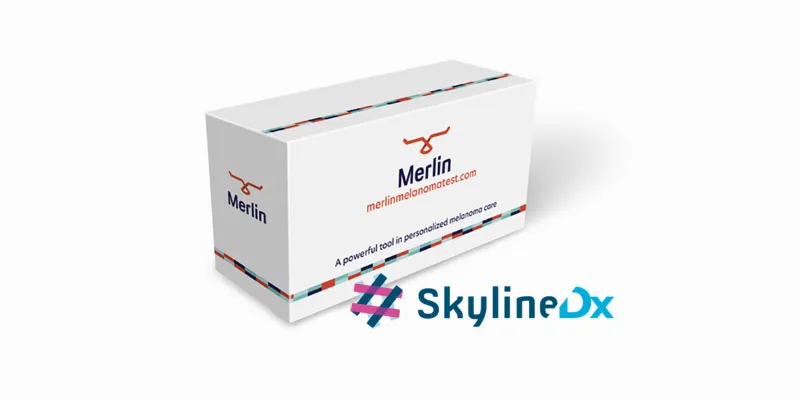Targeting NBR1: New Biomarker Could Predict Immunotherapy Success in Liver Cancer

20 October 2024
Researchers at Weill Cornell Medicine have made a breakthrough in the fight against hepatocellular carcinoma (HCC), by identifying a biomarker that could predict which patients are more likely to benefit from immunotherapy. The findings, published in Molecular Cell, also suggest potential new treatment strategies for patients who do not respond to existing immunotherapies.
The study focuses on the immune-modulating role of two key proteins, p62 and NBR1, in hepatic stellate cells—specialized liver cells that play a role in the organ's immune response to tumors. The researchers found that patients with high levels of NBR1 are less likely to benefit from immunotherapy, while those with low levels could experience a more robust immune response, potentially leading to better outcomes.
Immunotherapy and the Liver’s Immune Challenge
Hepatocellular carcinoma has long been a difficult-to-treat cancer. Traditional treatment options for HCC were limited, offering only modest survival extensions. However, immunotherapy, has offered new hope for these patients, with the potential to extend survival by up to two years. Unfortunately, not all patients respond to this treatment, and predicting outcomes has been a major challenge for oncologists.
p62 and NBR1: A Balance of Immune Control
In their research, Dr. Diaz-Meco and co-principal investigator Dr. Jorge Moscat discovered that two proteins, p62 and NBR1, play opposing roles in controlling the immune response in hepatic stellate cells. These cells, when functioning properly, help the liver combat tumors by initiating an immune response through a protein called STING (Stimulator of Interferon Genes).
“We need biomarkers to identify which patients will respond and who will achieve long-term survival. The liver is an organ that is tremendously immune suppressed. Reactivating the immune system is a very attractive approach that is now bearing fruit,” said Dr. Maria Diaz-Meco, a professor of oncology in pathology at Weill Cornell Medicine.
According to the study, p62 promotes the activation of STING, which in turn enhances the immune response against liver tumors. However, NBR1 works in the opposite direction—by degrading STING, it prevents this immune activation. In patients where NBR1 levels are high, the immune system is effectively suppressed, making immunotherapy less effective.
Dr. Moscat likened the two proteins to "yin and yang," explaining that their balance is crucial for determining whether the immune system can respond to cancer. if p62 is high in hepatic stellate cells, a patient is protected from cancer, but if it is low, the immune system is knocked down. If NBR1 is high, the immune system is impaired, but if NBR1 is low, the immune response increases," he said.
A New Therapeutic Approach
One of the most exciting aspects of this research is the potential for new therapies targeting NBR1. The research team demonstrated that by lowering NBR1 levels in mouse models of liver cancer, they were able to shrink tumors, even in cases where p62 levels were low. This suggests that NBR1-lowering strategies could help a significant subset of patients who currently do not respond to immunotherapy.
“If we don’t fully comprehend the molecular mechanisms regulating these processes, immunotherapy will not progress, and we won't be able to understand why it works in some patients and not others,” Dr. Diaz-Meco said.
The team is now exploring ways to degrade NBR1 in humans, aiming to restore the immune response in liver cancer patients. Additionally, drugs that activate STING are also under development and may provide another way to enhance the immune response in these patients.
The study’s findings could have far-reaching implications, not only for liver cancer but also for other cancers that might respond to STING activation. The researchers are now looking at whether reducing NBR1 levels could help prevent tumors from becoming resistant to treatment or even prevent metastasis in other cancers. As the understanding of the liver’s immune environment deepens, the hope is that precision oncology will continue to evolve, offering personalized treatment options for patients based on their unique biomarker profiles.











Comments
No Comments Yet!